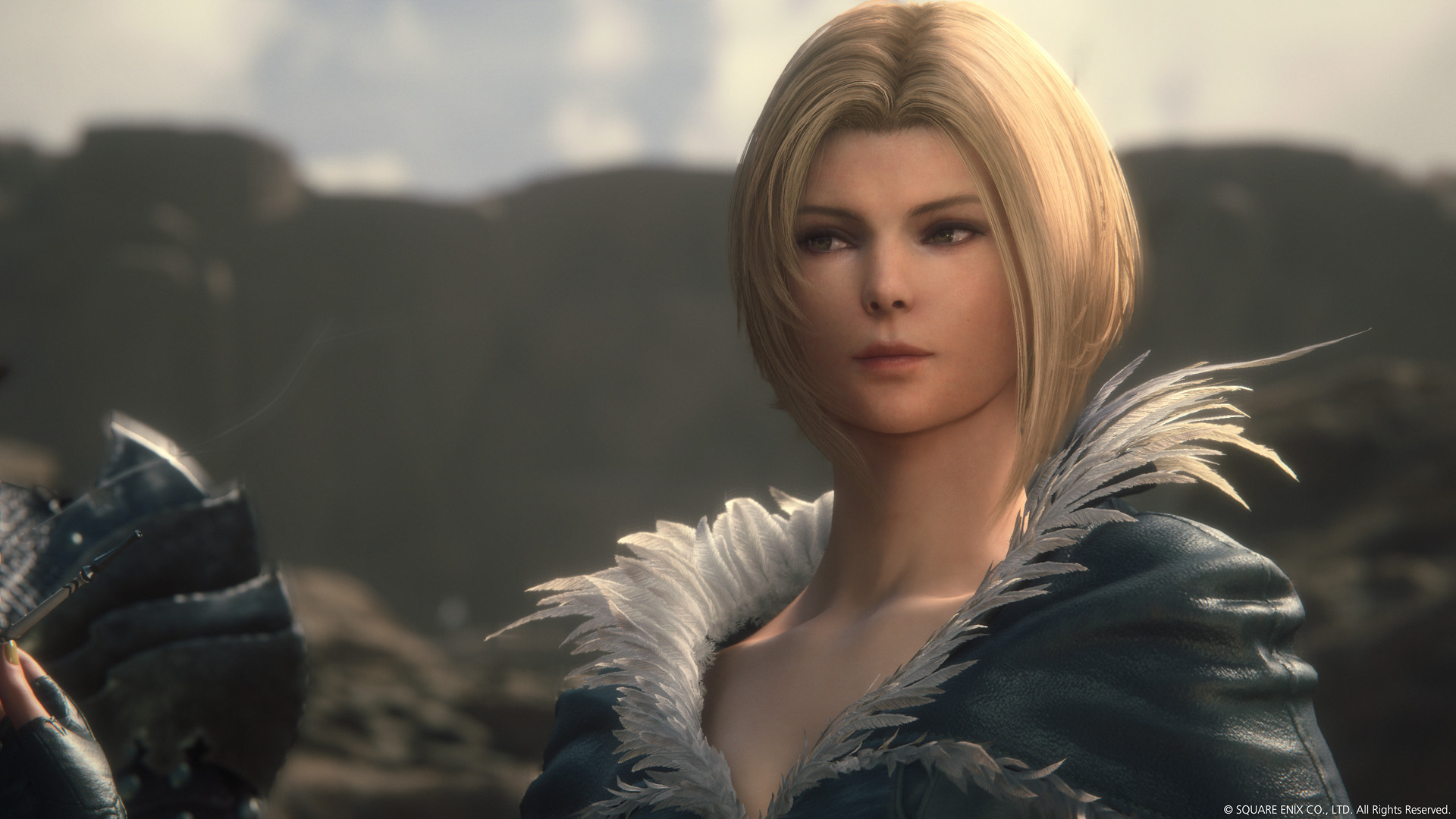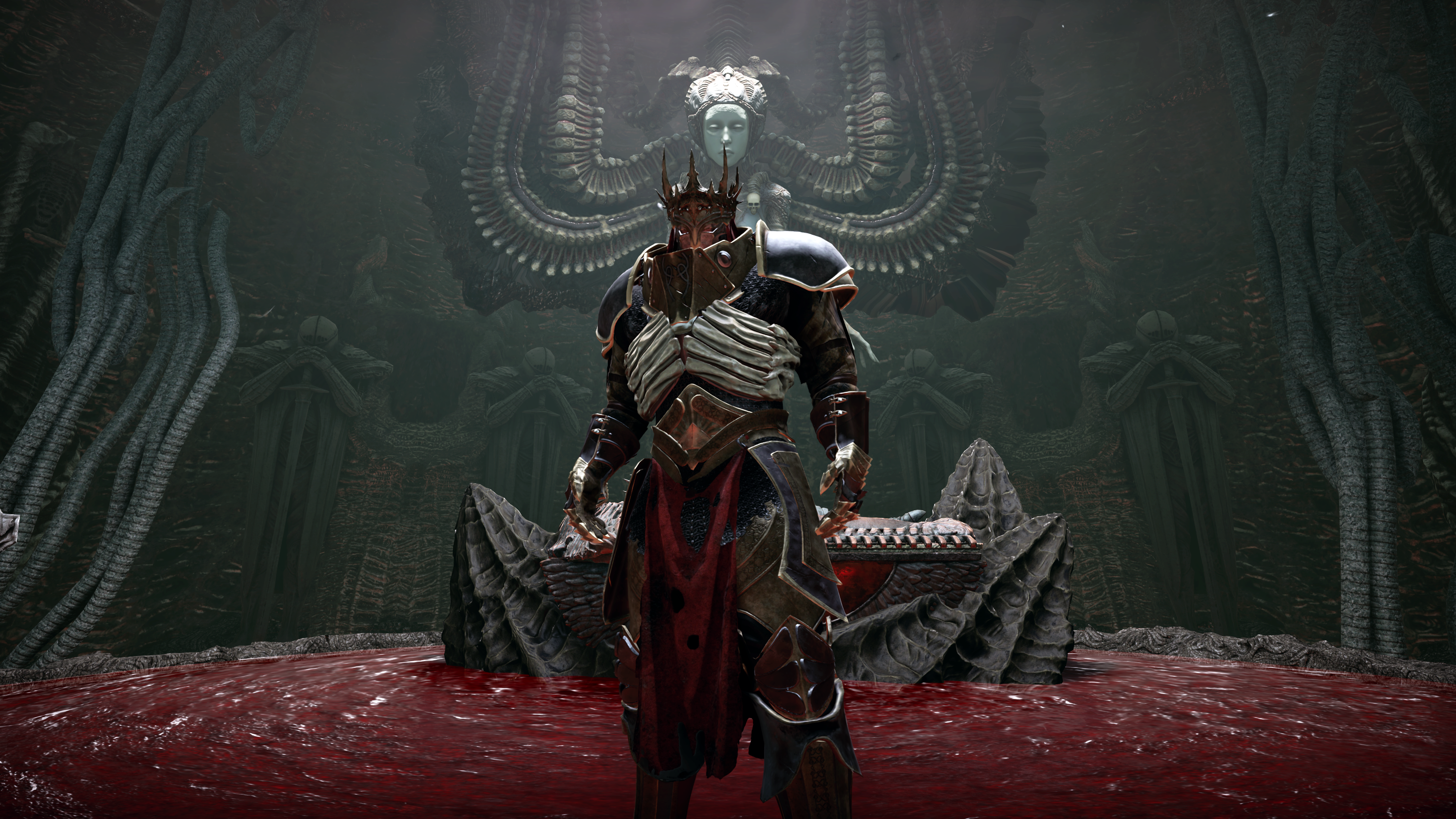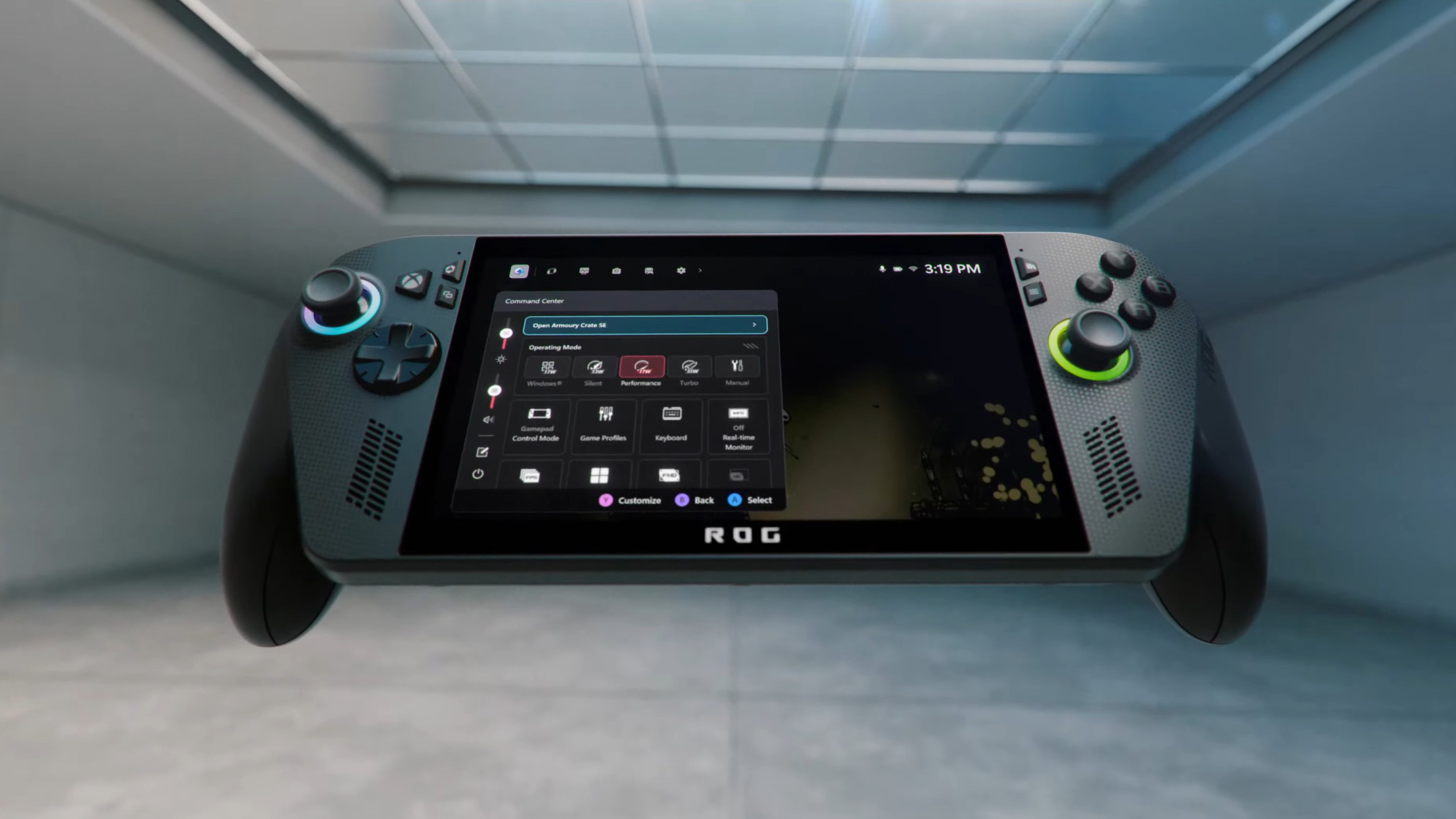
Naoki Yoshida said the new Final Fantasy lacks Black characters because of faux-medieval "realism."
In a new interview with IGN, Final Fantasy 16 producer Naoki Yoshida said the sequel won’t have many Black characters or people of color because it takes place in a geographically isolated realm inspired by medieval Europe, and it wouldn’t be realistic to have an “ethnically diverse” cast.
“This is a difficult question, but not one that was unexpected, seeing as diversity in entertainment media has become a much-discussed topic as of late,” Yoshida said when asked if players could expect to see a more diverse cast in Final Fantasy 16. “The answer I have, however, may end up being disappointing to some depending on individual expectations.
Yoshida’s explanation is an unsatisfying one, but it’s also not historically accurate. People of color were present in medieval Europe, and not in some transient capacity. As just one example, the Moors lived throughout the Iberian Peninsula and southern Europe and ruled Spain for over 800 years. But that’s probably beside the point: Final Fantasy isn’t a PhD thesis. Who’s in it, and who isn’t, is entirely up to the people making the game.
“Our design concept from the earliest stages of development has always heavily featured medieval Europe, incorporating historical, cultural, political, and anthropological standards that were prevalent at the time,” Yoshida said. “When deciding on a setting that was best suited to the story we wanted to tell—the story of a land beset by the Blight—we felt that rather than create something on a global scale, it was necessary to limit the scope it to a single landmass — one geographically and culturally isolated from the rest of the world in an age without airplanes, television, or telephones.”
And because of the constraints imposed by this entirely fictional setting that Yoshida and the rest of the development team created from whole cloth, Final Fantasy 16 “was never going to realistically be as diverse as say a modern-day Earth.”
It’s not a great answer, but it is a well-worn one: A commitment to medieval “realism” has been used many times in the past to justify a lack of diversity in games, including big hits like The Witcher, Kingdom Come: Deliverance, and Mordhau. (It’s also often used to explain the absence of women in fantasy RPG settings.) But it’s a rationale that crumbles under even the most cursory examination. What does “realism” mean when you’ve got whole-ass dragons flying around in the sky and nekkers come up from the ground?
“Ultimately, we felt that while incorporating ethnic diversity into Valisthea was important, an over-incorporation into this single corner of a much larger world could end up causing a violation of those narrative boundaries we originally set for ourselves,” Yoshida said. “The story we are telling is fantasy, yes, but it is also rooted in reality.”
Yoshida also threw a nod to the notion that diversity of thought is what really matters: “In the end, we simply want the focus to be less on the outward appearance of our characters and more on who they are as people—people who are complex and diverse in their natures, backgrounds, beliefs, personalities, and motivations,” he said. “People whose stories we can resonate with. There is diversity in Valisthea. Diversity that, while not all-encompassing, is synergistic with the setting we’ve created and is true to the inspirations from which we are drawing.”
Final Fantasy has always been a pretty white series, but even so Yoshida’s response to the question of diversity is, as he predicted, disappointing.
Final Fantasy 16, an entirely new mainline addition to the series that will feature brand new characters in an entirely new game world, is set to debut on the PlayStation 5 in the summer of 2023. A PC version was mentioned in the Final Fantasy 16 reveal trailer but hasn’t been acknowledged since, and Square Enix is promoting the game as a PS5 exclusive. If a PC version does follow (which seems a reasonable bet), it could be some time before it happens.




